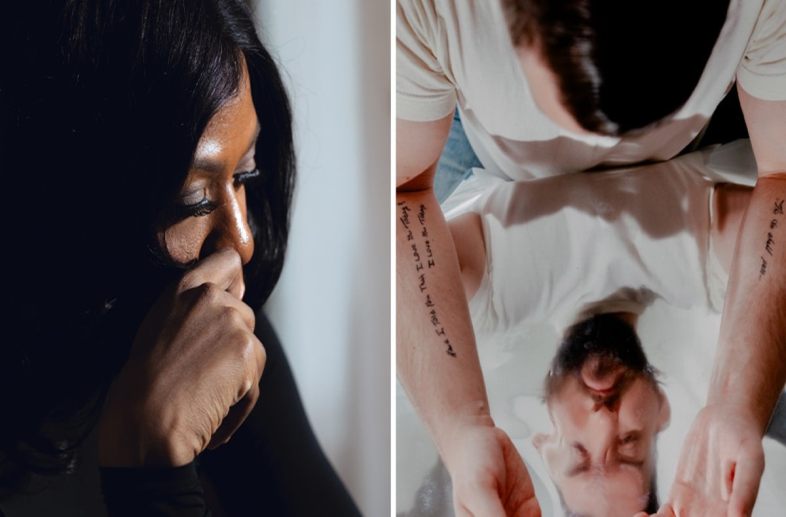A person’s mental health and general well-being may be negatively impacted by trauma, which is a complicated and intensely personal experience. Experiences of stigma, marginalization, and discrimination can exacerbate trauma for LGBTQ+ individuals. However, there is hope. LGBTQ+ therapy can provide a safe, supportive space for individuals to process their trauma and work towards healing.
Understanding Trauma in the LGBTQ+ Community
From emotional abuse and neglect to physical and sexual assault, trauma can take many different forms. For LGBTQ+ individuals, trauma can also stem from experiences of:
- Rejection from family and friends
- Bullying and harassment
- Internalized homophobia or transphobia
- Discrimination in healthcare, employment, and housing
Numerous mental health issues, including as depression, anxiety, post-traumatic stress disorder (PTSD), and substance misuse, can result from these events.
The Benefits of LGBTQ+ Therapy
LGBTQ+ therapy is a specialty type of mental health care that considers the particular struggles and difficulties that LGBTQ+ people confront. Working with a therapist who is knowledgeable and affirming of LGBTQ+ identities can provide numerous benefits, such as:
- Individuals may discuss their experiences and grindrprofiles feelings in a safe, accepting environment with the help of LGBTQ+ therapy that offers validation and support. A therapist who understands the complexities of LGBTQ+ identities can offer validation and support, helping individuals feel seen and heard.
- Processing Trauma Trauma can be difficult to talk about, but working with a skilled therapist can help individuals process their experiences in a healthy way. LGBTQ+ therapy can provide tools and strategies for coping with trauma symptoms, such as flashbacks, nightmares, and hypervigilance.
- Building Resilience LGBTQ+ therapy can help individuals build resilience in the face of adversity. By developing a strong sense of self and connecting with supportive communities, individuals can learn to navigate challenges and bounce back from setbacks.
Finding the Right LGBTQ+ Therapist
When seeking LGBTQ+ therapy, it’s important to find a therapist who is a good fit for your needs and preferences. Here are some tips for finding the right therapist calgary:
- Look for a therapist who has experience working with LGBTQ+ clients and is knowledgeable about LGBTQ+ issues.
- Consider your personal preferences, such as the therapist’s gender, age, or communication style.
- Ask about the therapist’s approach to treatment and whether they use evidence-based practices.
- Have faith in your intuition. It’s acceptable to search for another therapist if you don’t feel safe or at ease with this one.
It could take some time and work to locate the ideal therapist, but the search will be worthwhile if you discover someone who can help you on your path to recovery.
The Importance of Self-Care
In addition to seeking LGBTQ+ therapy, it’s important to prioritize self-care as part of your healing journey. Self-care can take many forms, such as:
- Taking part in enjoyable and relaxing activities
- Connecting with supportive friends and family members
- Practicing mindfulness or meditation
- Maintaining your physical well-being by engaging in exercise and eating a balanced diet
By making self-care a priority, you can build resilience and support your overall well-being.
You Are Not Alone
Healing from trauma is a journey, and it’s important to remember that you are not alone. LGBTQ+ therapy can provide a supportive, affirming space to process your experiences and work towards healing. Whether you are just starting your healing journey or have been on this path for some time, know that there is hope and support available.
If you are struggling with trauma or other mental health challenges, reach out for help. There are LGBTQ+-affirming therapists, support groups, and organizations that can provide the support and resources you need to heal and thrive.
Remember, your experiences and feelings are valid, and you deserve to live a life of joy, authenticity, and wholeness. With the right support and tools, healing is possible.

